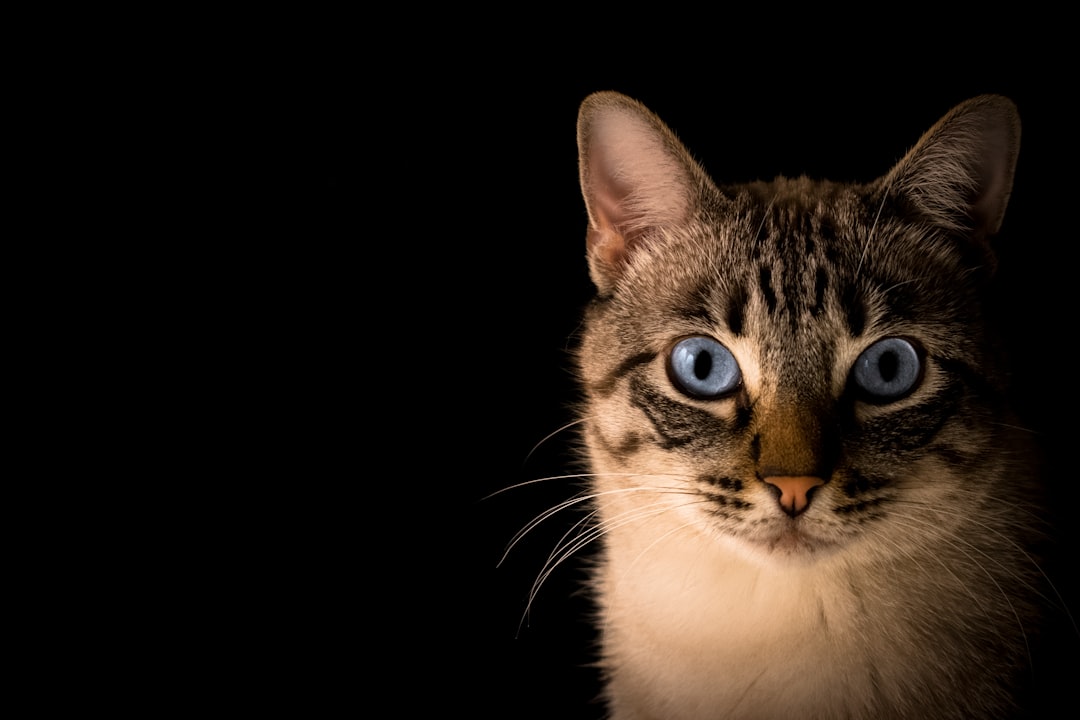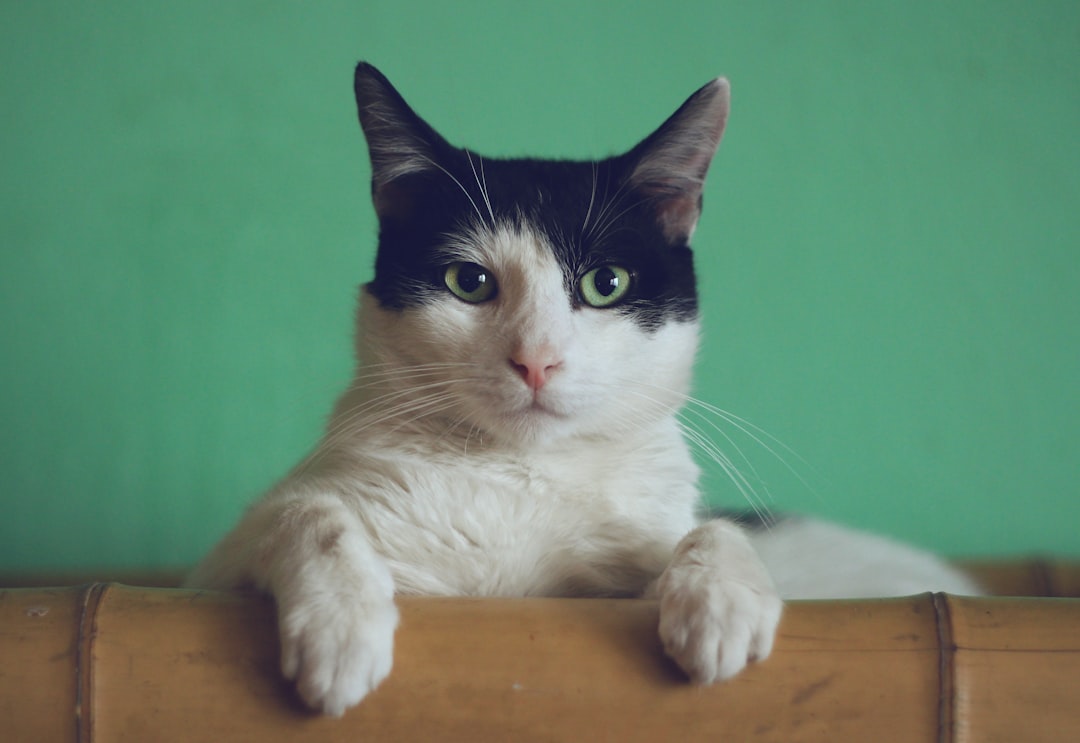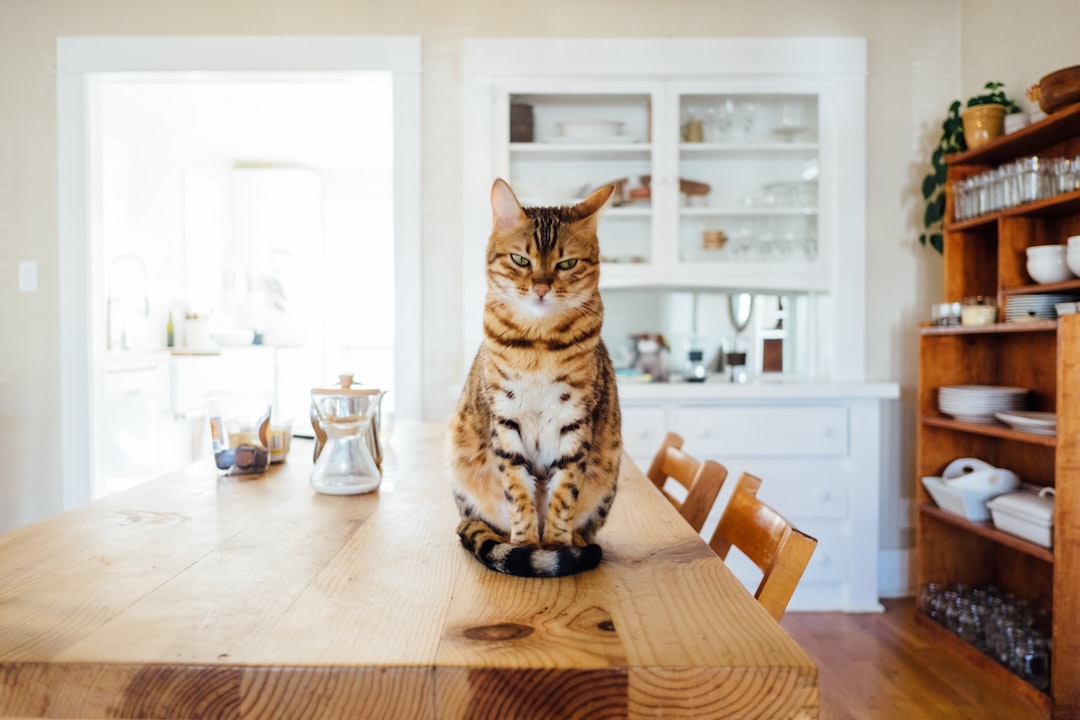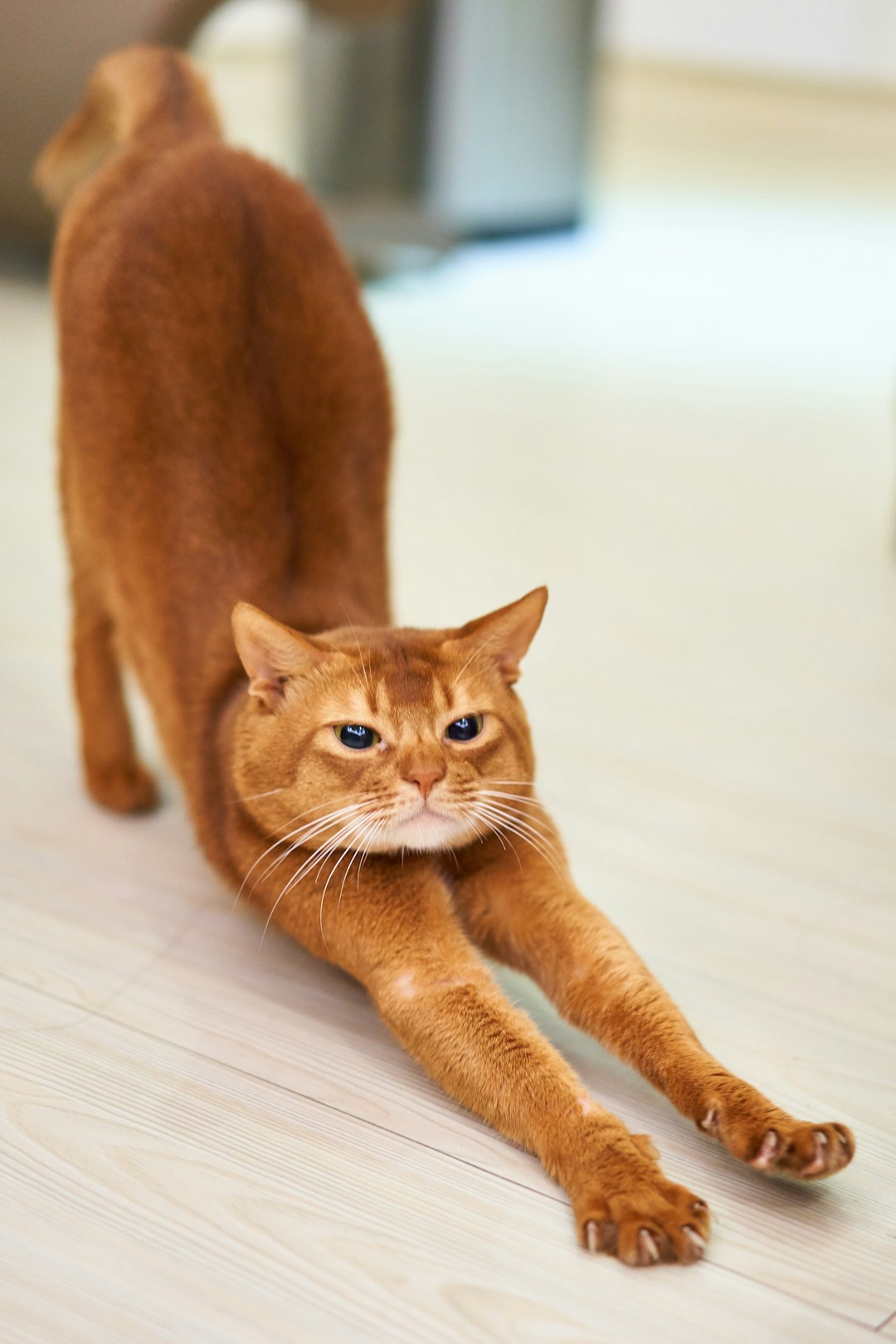Every pet owner wants their furry friend to thrive and purr like a champion, right? Well, it all begins with a solid foundation of health—starting with cat vaccinations near me. These little shots pack a big punch in preventing illnesses and keeping your feline friend in tip-top shape. But, navigating the vaccination landscape can be more confusing than a cat chasing its own tail. Fear not! In this guide, we’ll demystify the process and help you embark on a worry-free quest for your cat’s vaccination needs.
Understanding the Importance of Cat Vaccinations

Ah, the joys of pet ownership! Among the cuddles and the playful pounces lies a serious responsibility: keeping your feline friend healthy. That’s where cat vaccinations near me come into play.
Vaccinations serve as your cat’s first line of defense against various diseases. Here’s why they’re essential:
- Prevention: Vaccinations prevent deadly diseases like rabies, feline distemper, and more.
- Community Health: A vaccinated cat aids in protecting other pets in your community. Think of it as your furry buddy contributing to herd immunity!
- Legal Requirements: In some areas, certain vaccinations, such as rabies, are mandatory. Stay on the right side of the law, folks!
Key Benefits of Vaccinations:
- Reduced risk of serious illness
- Cost-effective long-term health care
- Peace of mind for pet owners
So, when you search for “cat vaccinations near me,” remember that it’s not just about enhancing your kitty’s health but also securing a happy, playful future together.
Common Cat Vaccinations and Their Benefits

When it comes to cat care, understanding the common vaccinations can feel like decoding a secret feline language. However, fear not! Here’s a straightforward list of the most essential cat vaccinations and their benefits:
- FVRCP (Feline Viral Rhinotracheitis, Calicivirus, and Panleukopenia)
Benefits: Protects against three nasty viruses that can make your kitty sneeze and wheeze. - Rabies
Benefits: A legal requirement in many areas. It keeps not only your cat safe but also protects your human pals from rabies exposure. - FeLV (Feline Leukemia Virus)
Benefits: Especially crucial for outdoor cats, this vaccination helps to fend off a disease that can be a total buzzkill and lead to chronic health issues.
So, when searching for cat vaccinations near me, make sure these essentials are on your list. Your furry friend deserves to lead a healthy and happy life! Remember, vaccine costs can vary, so it’s wise to check with local veterinarians to find what fits your budget.
How to Determine Which Vaccinations Your Cat Needs

Choosing the right cat vaccinations near me can feel overwhelming, but don’t fret—I’m here to help! It’s essential to consider several factors to make the best decision for your feline friend:
- Age: Kittens require a series of vaccinations starting around six weeks old. Adult cats may need booster shots.
- Lifestyle: Does Fluffy stay indoors, or is she an adventure seeker? Indoor cats may not need as many vaccines as outdoor explorers.
- Health Status: If your cat has any underlying health issues, consult your vet about what’s necessary.
- Local Regulations: Certain regions require specific vaccinations, so check the local guidelines.
To simplify your choices, here’s a handy table of essential vaccines:
| Vaccine | Recommended Age | Frequency |
|---|---|---|
| Feline Distemper (FVRCP) | Kittens: 6-16 weeks | Every 3 years |
| Rabies | At 12-16 weeks | Every 1-3 years |
| Feline Leukemia (FeLV) | Kittens: 8 weeks | Annual for adults |
Now that you know what to consider, getting those cat vaccinations near me is merely a whisker’s length away!
Where to Start Your Search for Cat Vaccinations Near Me

Ready to round up those cat vaccinations near me? Great! Start your journey with these pawsitively effective tips:
- Google It: A quick search can lead you to local veterinary clinics. Just type “cat vaccinations near me” and watch the results roll in!
- Ask Fellow Cat Enthusiasts: Your fellow feline aficionados might have some delightful recommendations. Plus, they love to share their pet experiences!
- Check Online Reviews: Websites like Yelp or Google Maps offer reviews that could guide you to top-notch clinics. Filter out the fluff!
- Social Media Groups: Join local pet owner groups. They’re chock-full of advice on where to find premium cat vaccinations near me.
- Look for Specialized Clinics: Some clinics specialize in felines and offer additional services like spa days—purrfect for pampered pets!
Equipped with these strategies, you’ll find the right place to keep your kitty healthy and happy—after all, vaccination is key!
Tips for Finding a Qualified Veterinarian
Finding the right veterinarian for your furry friend is like finding the purr-fect pair of socks – it takes a little while but is oh-so-worth it! To help you in your quest for “cat vaccinations near me,” follow these tips to ensure you choose a qualified professional:
- Check Reviews: Look for online reviews from other cat owners. A high rating often means happy, healthy pets!
- Ask About Experience: Ensure the vet specializes in feline care. They should know their whiskers from their wiskers!
- Visit the Clinic: First impressions count. A tidy, well-organized clinic suggests a vet who values care and hygiene.
- Inquire About Services: Make sure they offer all required cat vaccinations and other health services. Convenience is key!
- Consider Convenience: Look for vets near your home or workplace for easier trips. You really want to avoid any last-minute “Where are the cat vaccinations near me?” panics!
With these tips, you can confidently select a qualified veterinarian for your cat’s vaccination needs. Happy cat-parenting!
The Role of Animal Clinics in Cat Vaccination
When it comes to ensuring your feline friend stays healthy, animal clinics play a pivotal role in cat vaccinations near me. Here’s why they’re the cat’s pajamas when it comes to vaccinating your furball:
- Expert Care: Qualified veterinarians administer vaccinations with skill and precision. They understand which vaccines are essential based on your cat’s age and lifestyle.
- Convenience: Animal clinics often offer flexible hours, making it easier than ever to fit cat vaccinations near me into your busy schedule. No more juggling calendars!
- Comprehensive Services: Many clinics provide additional services such as wellness checks and preventative care, making them one-stop shops for your pet’s health.
- Vaccination Records: Clinics maintain accurate vaccination records that you can conveniently access whenever needed—perfect for travel or boarding.
In short, don’t skimp on your kitty’s health! Seek out local animal clinics for cat vaccinations near me to keep your feline in tip-top shape. After all, healthy cats are happy cats!
Understanding Vaccination Schedules for Cats
When it comes to your feline friend, timing is everything! Understanding vaccination schedules for cats not only protects their health but also keeps your vet bills in check. Here’s how to keep your kitty’s vaccination game on point:
- Initial Vaccinations: Kittens usually receive their first vaccines at 6-8 weeks old. They require a series of boosters every 3-4 weeks until they hit about 16 weeks.
- Core Vaccines: These include the FVRCP (feline viral rhinotracheitis, calicivirus, and panleukopenia) and the rabies vaccine. Not only do they shield your cat from nasty diseases, but they’re often mandatory based on local laws.
- Adult Boosters: After the kitten stage, it’s time for adult vaccinations every 1-3 years. Here’s a handy comparison:
| Vaccine | Initial Dose | Booster Frequency |
|---|---|---|
| FVRCP | 6-8 weeks | Every 1-3 years |
| Rabies | 12-16 weeks | Every 1-3 years |
| FeLV (if at risk) | 8-9 weeks | Annual |
To find cat vaccinations near me, consult your vet about scheduling. Regular check-ups ensure your cat remains healthy and happy for years to come!
Cost Considerations for Cat Vaccinations
Ah, the dreaded “C” word: cost. While your feline friend can’t show you their appreciation for all those dollars spent, getting cat vaccinations near me can actually save you money in the long run by preventing illnesses. Here’s what to keep in mind:
- Typical Vaccination Prices:
- Core Vaccines (FVRCP, rabies): $20 – $50 each
- Non-Core Vaccines (FeLV, FIV): $25 – $80 each
- Budget for the Visit:
- Exam Fee: Most vets charge around $40 – $60.
- Multiple Cats: Many clinics offer discounts for multiple vaccines or visits, so consider taking the purr-pack!
- Additional Costs:
- Expect extra fees for flea preventatives or microchipping during your visit.
- Always ask about package deals to save some of your hard-earned funds!
In a nutshell, while searching for cat vaccinations near me, factor in the costs, and remember: investing in health today means fewer vet bills tomorrow! So, keep that wallet ready and your cat happy!
What to Expect During a Cat Vaccination Appointment
So, you’ve found cat vaccinations near me and made the appointment—great! But what can you expect when you walk through those clinic doors? Buckle up, because here’s the lowdown:
- Pre-Appointment Prep:
- Bring your cat in a secure carrier. Safety first!
- Have any previous vaccination records on hand.
- Check-In Process:
- The receptionist will take your information and verify your cat’s health history.
- Veterinary Evaluation:
- A vet tech will assess your feline friend’s weight, temperature, and overall health.
- The Vaccination:
- Your cat receives the vaccines via quick injections—easy-peasy!
- Don’t worry; it’s generally a breeze for them (and you).
- Post-Vaccination Care:
- Watch for any unusual reactions over the next few days.
- Health checks will ensure everything runs smoothly.
Overall, a visit for cat vaccinations near me is a fairly routine affair. With a little preparation, you and your kitty will be on your way to a healthy, happy life!
Resources for Cat Owners on Vaccination Information
As a diligent cat owner, staying informed is paramount—especially when it comes to your furry friend’s health. Luckily, the world is brimming with resources to help you navigate the ins and outs of cat vaccinations near me.
Here’s a handy checklist of where to find trustworthy information:
- Veterinarian Websites: These often provide detailed guides on vaccination schedules and FAQs.
- Pet Health Organizations: Organizations like the ASPCA or AAHA have extensive resources tailored for cat owners.
- Local Animal Clinics: Reach out to your local clinics; they’re a goldmine of information on cat vaccinations near me.
- Online Forums and Groups: Join cat-owner communities on platforms like Facebook or Reddit to share experiences and get recommendations.
Here’s a quick comparison of key resources you might find helpful:
| Resource Type | Pros | Cons |
|---|---|---|
| Vet Websites | Reliable information, expert advice | May be too clinical |
| Health Organizations | Great for guidelines, educational | Sometimes too general |
| Animal Clinics | Local insights, services offered | Location dependent |
| Online Communities | Personal experiences, diverse opinions | Reliability may vary |
By leveraging these resources, you ensure your feline friend gets the best care possible while keeping an eye out for valuable cat vaccinations near me options!
Frequently Asked Questions
What are the essential vaccinations my cat needs?
Every feline superstar out there requires a core set of vaccinations to stay healthy and happy. For your kitty, this typically includes FVRCP, which protects against diseases like feline viral rhinotracheitis, calicivirus, and panleukopenia. Then, there’s the rabies vaccination, which is essential not just for safety but, in many places, it’s the law. Ensuring your cat is up-to-date is like giving them a superhero cape—your very own furry protector against nasty diseases!
How often should my cat be vaccinated?
Ah, the age-old question that nags every pet parent! Generally, kittens need a series of vaccinations spaced out as they grow, typically starting at around six to eight weeks, then every three to four weeks until they reach about 16 weeks old. Adult cats usually get vaccine boosters every one to three years, depending on their lifestyle and the vaccination type. Just think of it as a yearly check-in with Dr. Whiskers—because every good kitty deserves a health pep talk!
Where can I find a good veterinarian for my cat’s vaccinations?
Finding the perfect vet is like searching for the holy grail of pet care! Start by asking your fellow cat parents for recommendations or check online reviews. Websites like the American Animal Hospital Association (AAHA) can help you find accredited veterinary clinics. Also, consider pet wellness programs that some clinics endorse. Trust your instincts—if a vet makes you and your cat feel at ease, you’ve found your feline health champion!
What should I expect during my cat’s vaccination appointment?
Prepare for a session that’s part health check, part cuddle-fest! Upon arrival, you’ll likely fill out some paperwork faster than your cat can knock a glass off the table! The vet will examine your cat, checking their weight, temperature, and overall well-being—a quick cat health report. Then, the actual vaccination, which usually incurs minimal discomfort, is administered. Your kitty may meow in protest, but they’ll soon forget all about it as you treat them with their favorite snacks post-visit!



